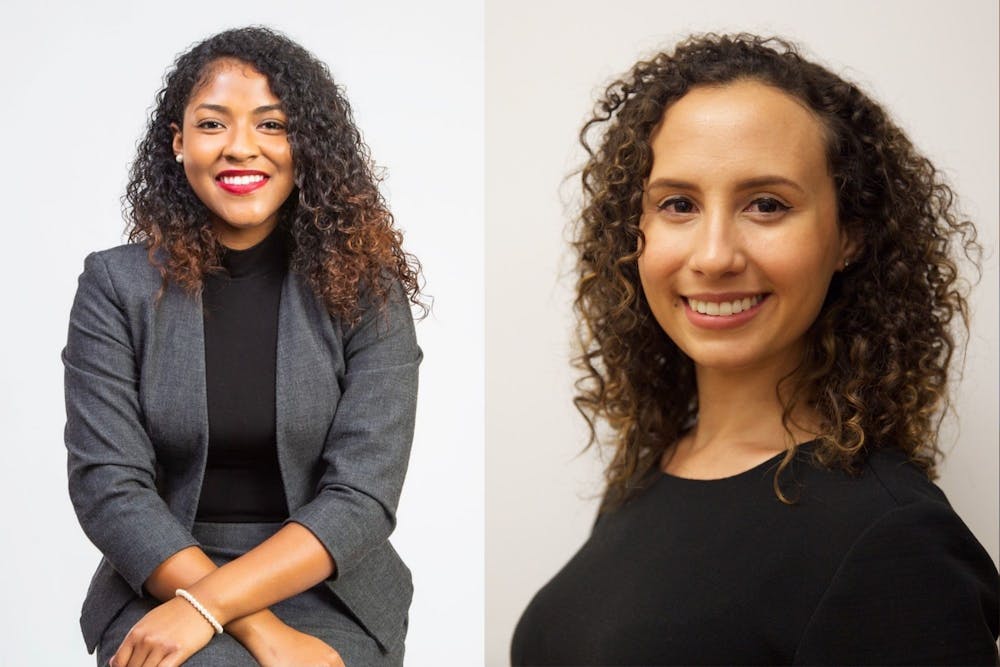Two second-year students at Penn Law School published a report detailing the experiences of Black women in the legal field.
The report, titled “Black Women Future Leaders,” explores the effects that bias, representation, and allyship have on Black women in the legal field by evaluating the experiences of Black students at Penn Law. The authors, Dana Dyer and Magali Duque, gathered qualitative data on the experiences of 30 students by collecting surveys from a representative sample of 24 Black women and six Black men.
Dyer and Duque assembled the report as a part of Associate Dean of International Affairs Rangita de Silva de Alwis’s “Women, Law, and Leadership” seminar at Penn Law, which addresses the under-examination of the leadership role women lawyers play in addressing challenges such as gender equality.
The authors stressed that their report does not aim to provide a comprehensive overview of the challenges Black women in the legal industry face, but rather to position the experiences of Black women students at Penn Law in the broader context of issues involving diversity and inclusion in the legal field.
The report focuses on two groups of issues: labels and stigma, and space and inclusion. The authors asked respondents about some of the labels Black women in the legal field often face such as the “angry, shy, or unintelligent Black woman.”
They found that over 93.33% of respondents have felt pressure to speak on behalf of all Black people in meetings in which they were one of a few people of color present. Over 80% of respondents said they felt as though they were not deserving of being in a certain space.
Dyer and Duque’s report also called on mentors and allies to create a space of inclusion in environments where Black women have historically experienced exclusion.
“Recognizing and tackling stereotypes when someone lucidly mistreats a person due to their outer appearance is easy,” the report reads. “The challenge heightens when discrimination is not as seen or heard, but implicit which leads to internalizing these biases.”









